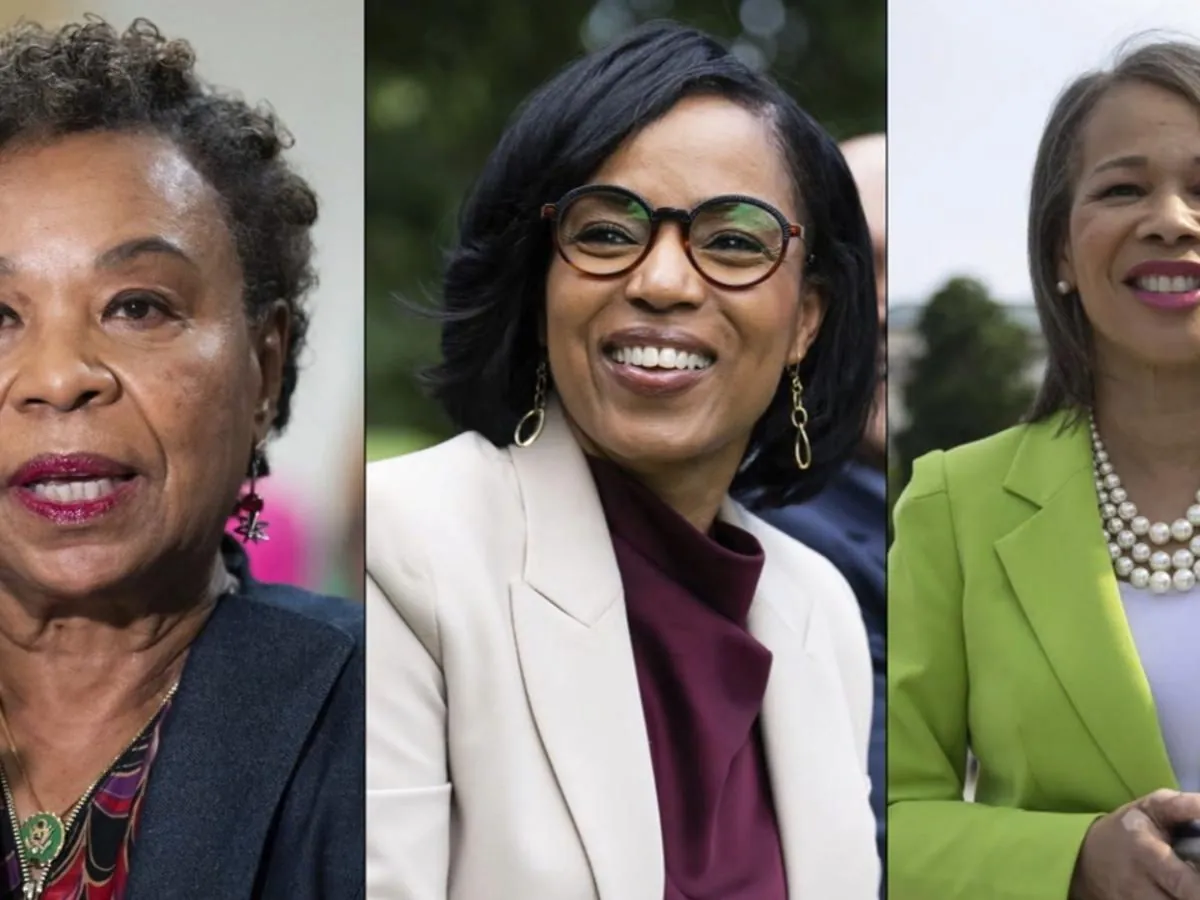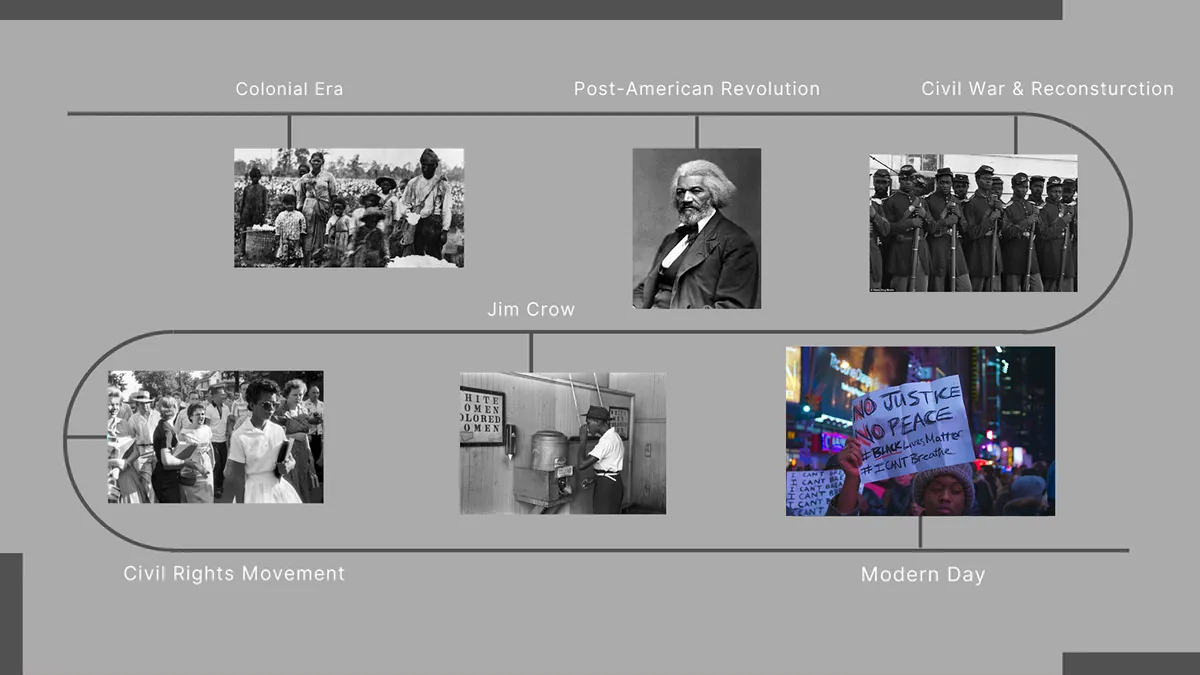Historic Senate Race: Two Black Women Poised for Potential Breakthrough
Two Black women candidates vie for U.S. Senate seats, potentially doubling the number ever elected. Lisa Blunt Rochester and Angela Alsobrooks face unique challenges in their historic campaigns.

The 2024 U.S. Senate elections could mark a significant milestone in American political history. For the first time since the establishment of Congress over 235 years ago, two Black women may be elected to the Senate simultaneously. Lisa Blunt Rochester of Delaware and Angela Alsobrooks of Maryland are at the forefront of this potential breakthrough.
Blunt Rochester, currently serving as Delaware's at-large representative, is favored to win the seat being vacated by retiring Senator Tom Carper. Her campaign emphasizes making a difference rather than making history. Meanwhile, Alsobrooks, the former State's Attorney and current County Executive of Prince George's County, faces a competitive race against former Governor Larry Hogan in Maryland.
If successful, their elections would double the number of Black women ever elected to the U.S. Senate, from two to four. This development highlights the ongoing evolution of representation in American politics.

The journey of Black women in the Senate began with Carol Moseley Braun of Illinois, who became the first elected in 1992. Kamala Harris followed as the second in 2016, later becoming Vice President. In 2023, Laphonza Butler was appointed to fill the seat of the late Senator Dianne Feinstein.
These campaigns occur against the backdrop of a closely contested election cycle, where control of both the White House and Congress hangs in the balance. The Senate races are particularly intense, with significant resources being invested.
Blunt Rochester and Alsobrooks are navigating their campaigns with a focus on authenticity and broad appeal. They acknowledge their identities while emphasizing their qualifications and vision for leadership. This approach reflects a shift in political strategy, moving away from explicitly identity-focused campaigns.
"I have to pause and think, How is that possible?"
The candidates face unique challenges, including historical biases and resource allocation issues within political parties. Despite these obstacles, they have garnered significant support and are running competitive campaigns.
The potential election of Blunt Rochester and Alsobrooks would not only be historic but could also influence the balance of power in the Senate. Their success would represent a step forward in diversifying the perspectives and experiences represented in one of the nation's highest legislative bodies.
As the election approaches, both candidates continue to share their visions and connect with voters. Their campaigns serve as a testament to the progress made in American politics while highlighting the work still needed to achieve fuller representation.


































